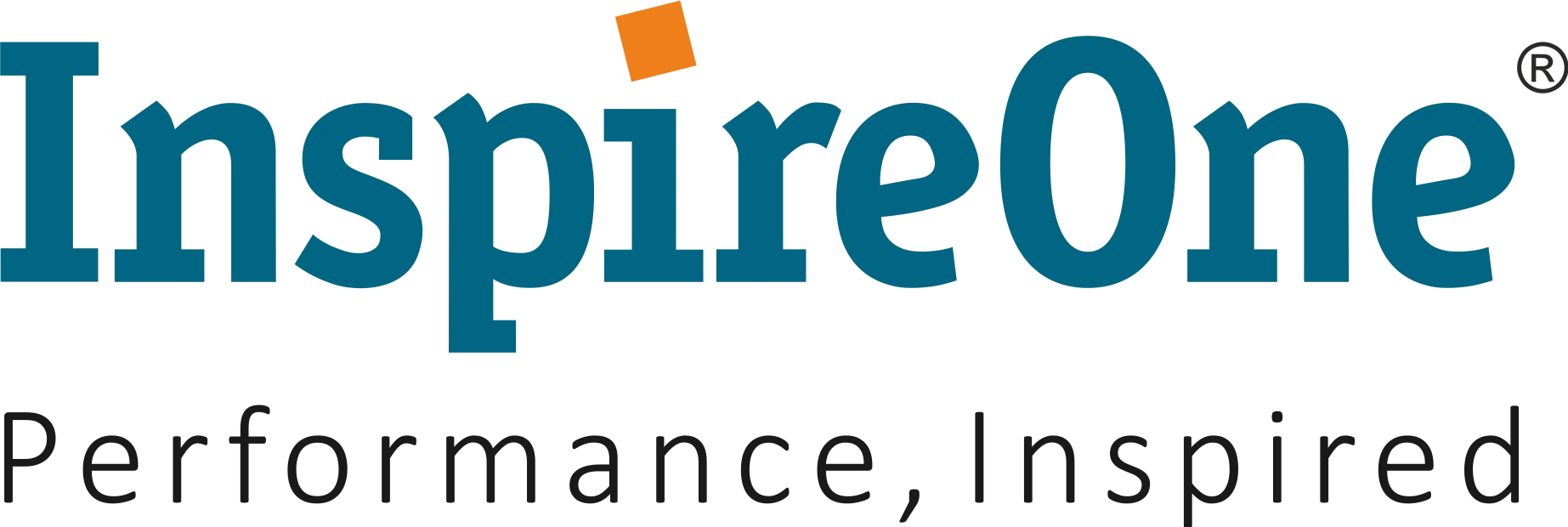“Winning companies win because they have good leaders who nurture the development of other leaders at all levels of the organisation”- Noel Tichy (management consultant, author and educator)
Successful organisations today ensure that their leaders spend significant portions of their mind and time space on people management and development. In our last blog, we spoke of the changing winds in the space of performance management. Organisations are moving away from viewing performance management as an annual event, in favor of one that relies on continuous feedback.
However, any trend towards change or transformation, will bring its own set of challenges. Through our experience in the space of performance management, we have been able to categorize the challenges faced by executives into ‘development’ related and ‘change’ related challenges.
There are mainly four challenges that an HR executive can face when it comes to the development related challenges:
Challenge 1: HR executives at the top understand the importance of PMS, but they struggle with operationalising the learning process for their workforce. For instance, a HR executive may be able to accurately identify the skill gaps for an employee but may struggle to create a development plan that will ensure learning sustenance.
Challenge 2: There is a lack of skills and knowledge among the managers vis-a-vis feedback, coaching, understanding competencies and behaviors, and IDP creation. For instance, a newly formed data analytics firm approached us with a similar challenge. The organisation had a well established and strong performance management system, which was not being leveraged by their leadership team. The challenge arose from the lack of skills among their internal team with areas around performance feedback, identification of development goals etc.
Challenge 3: Although there is a desire for development, there is a lack of ownership among managers and individuals to make employee development initiatives (e.g., IDPs) a success. It is still seen as an additional initiative and therefore extra effort.
Challenge 4: There is a disproportionate focus from organizations on the 10% (of the 70-20-10 framework), which is training/education, creating a set of over-trained and under-developed employees. Ideally, only 10% of L&D’s budget, time, and resource should be spent on training sessions. The other 90% should be spent on creating a system that allows employees to apply new technique, make mistakes, and relearn on the job and through coaching.
The second set of challenges faced by HR executives while establishing a performance management process is caused by a rapidly changing environment:
Challenge 1: Executives functioning in business environment that is defined by an accelerated pace of change, need to constantly realign development needs. Individuals today are expected to learn and re-learn skills based on shifting business priorities.
Challenge 2: Large organisations often carry non-utilized capital in the form of individuals in ‘terminal roles’. Although these employees are in the terminal roles, in a rapidly changing environment they may need to be retrained to adopt new competencies and skills required to succeed. For example, recently we embarked on large scale performance management intervention for our client, functioning in the manufacturing sector. They realized that they had several employees in these terminal roles, who had reached their potential and did not have a lot of room for growth. In order to grow as an organisation, our client realized that these individuals also needed to perform at different roles at higher performance levels.
Challenge 3: Several organisations lack consistency in terms of their development approaches. It becomes very manager dependent and therefore does not lead to institutional leverage.
Challenge 4: Organisations are also facing a need for highly individualized ways of learning, through both formal and informal pathways, which in turn impacts employee engagement.
A common theme across the 8 challenges is that they revolve around the successful execution of the existing and well aligned performance management system. Even in the two case examples mention earlier, both clients had robust performance management systems already in place. The challenge arose from the difficulty in identifying development gaps and creating development plans to address them
Performance management in today’s workplace is undergoing a transformation, further emphasizing the need to transform all the processes that serve as its outputs and build the organisational will and skill to implement these.
If you liked our article and wish to read more of such topics then feel free to follow us on LinkedIn and subscribe to our blog here –
[wpforms id=”2488″]







